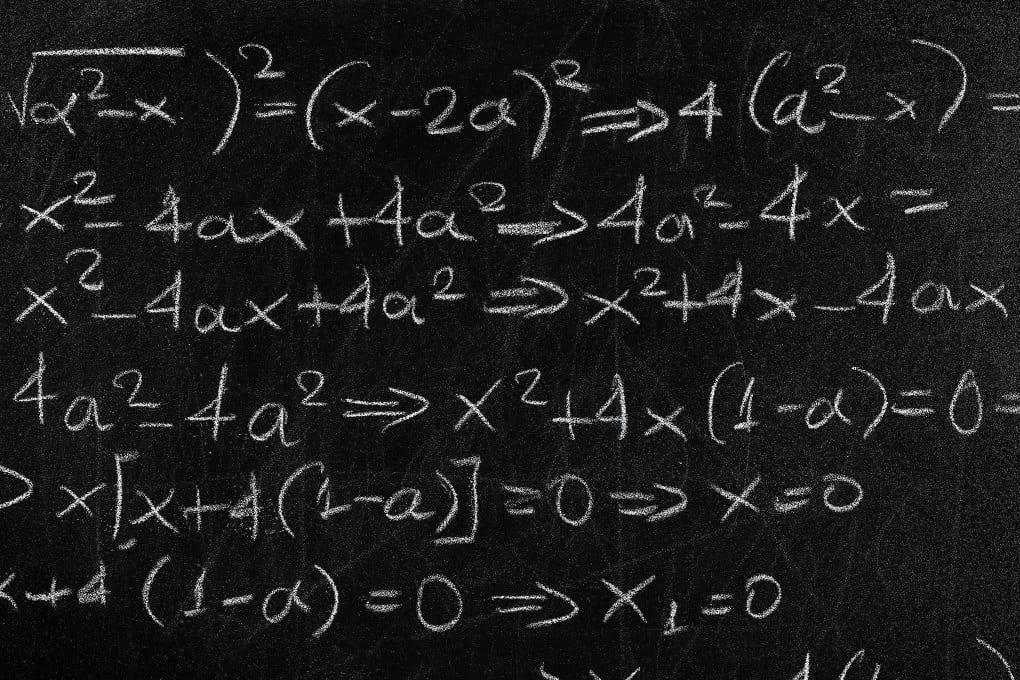Language Matters | Where the x we use in algebra came from, and the X in Xmas
The English word ‘algebra’ has its roots in Arabic, and some say the mathematical system’s unknown quantity, x, also came from Arabic; others credit Descartes
The X in Xmas, a common abbreviation for Christmas, has a quite different origin: Greek

December 18 commemorates one of the United Nations’ six official languages, which – all its dialects combined – has more than 400 million speakers, making it the fifth most spoken language worldwide.
With Literary Arabic being a major vehicle of culture in Europe in the Middle Ages, particularly in mathematics, science and philosophy, and Classical Arabic the liturgical language of Islam, it is not surprising that Arabic has had a significant influence, especially in vocabulary, on numerous languages worldwide.
One well-known example is “algebra”. This originates in the title of the famous 9th-century treatise on equations Al-kitāb al-mukhtaṣar fī ḥisāb al-ğabr wa’l-muqābala “the compendious book on calculation by restoring and balancing”, by Persian mathematician Abu Ja’far Muhammad ibn Mūsā al-Ḵwārizmī.
From the Arabic jabara “reintegrate, reunite, consolidate”, al-jabr (al being the definite article, “the”) means “the reunion of broken parts”, i.e. reducing fractions to integers in computation, one of the two preparatory steps to solving algebraic equations. Al-Ḵwārizmī’s book was translated into Latin in the 12th century, and it is via medieval Latin, then Spanish and Italian, that “algebra” entered late Middle English in the 1550s, the accent shifting in the 17th century from the second syllable to the first. From the name al-Ḵwārizmī comes the word “algorithm”.
Algebra’s principal unknown quantity is denoted by x. One account reports the Arabic word “shay” for “thing”, used by Arab mathematicians to name the unknown quantity, being transcribed as xei/xay, in a 1505 Arabic-language manual in Spanish that used the Roman alphabet rather than Arabic script. (Old Spanish had a “sh” sound, routinely spelt with x; in modern Spanish this evolved to a sound at the back of the throat, now orthographically j.)


